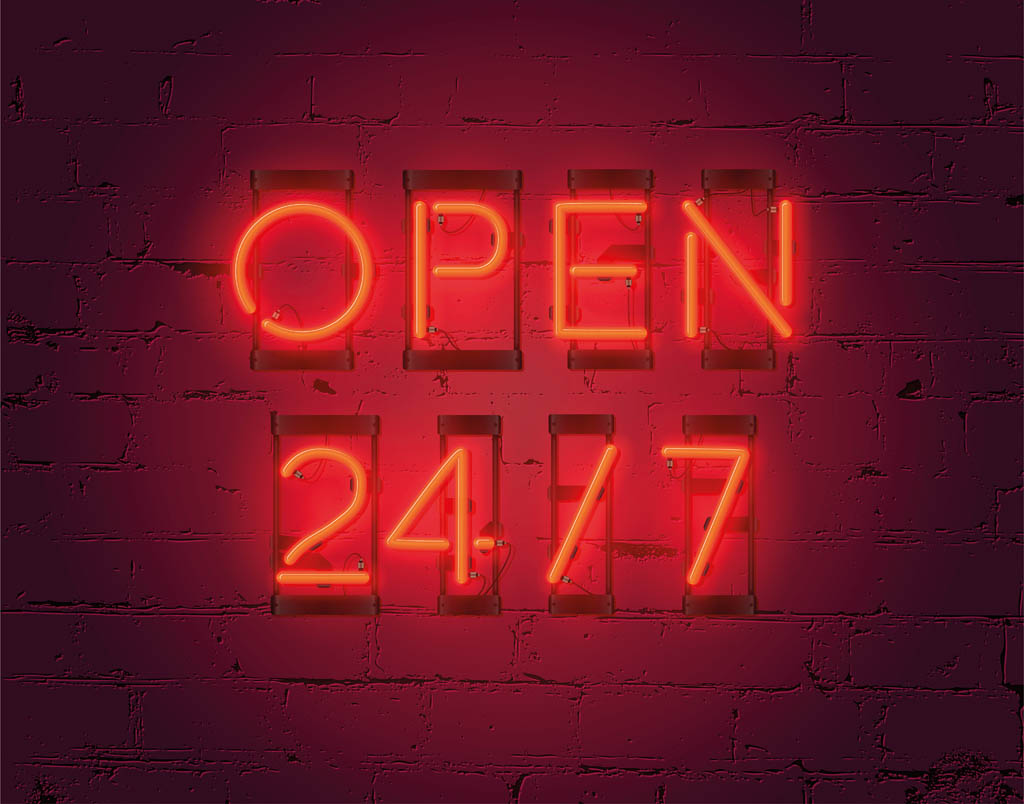The problem of millennials: a cautionary tale
The world wants dental appointments 24/7, but there’s a huge disconnect between the desires of patients and the desire of young dentists to work. They are not interested in five days, let alone weekend work
Def: Baby Boomers, born from WWII until the mid 60s; Generation X, until the late 70s/early 80s; Generation Y or Millennials, until the early 2000s and now Generation Z. All working in dentistry except Gen Z who won’t start for another 5-10 years depending on definitions.
Why am I telling you this? I have a reasonable amount of contact with young practitioners, but it doesn’t make me an authority on the thinking processes of millennial dentists. I do talk to them occasionally. I certainly don’t pretend to understand them! I’m a bit of a workaholic, I do lots of hours and work more like a Baby Boomer than a Gen Xer. This makes me suspicious of young dentists who feel like four days a week is as much as they’d like or need to do. They appear to like world travel, holidays, a broad range of experiences and to have something called a “work/life balance”.
OK, I’m joking… a bit. However, they seem to think quite differently about their working commitments, and this is not limited to dentists. As a practice owner, this presents a bit of problem in terms of my service provision and staffing. The world wants dental appointments 24/7, but I don’t have the dentists to staff it. They’re not very interested in five days, let alone weekend or out-of-hours work. For all the connectivity they crave, they don’t interact with “old-fashioned” CPD events or governmental consultations or professional bodies or negotiators. Although I feel this is more likely to be about how the profession(s) interacted historically with their members than an absolute lack of care from young practitioners, they are hard to engage.
There seems to be a huge disconnect with the desires of patients for service and the desire of young dentists to work. This is not a dig. I think all professions and sections of society are going to suffer horribly from this problem. The French recently legislated against online, out-of-hours working, yet society demands a level of service that results in workers having to work harder for more hours and at times outwith their contracted hours. Fortunately, until the dental robots are built, dentists still need to see patients. We can’t really do this online, and I am massively glad about this.
Unfortunately, this still drives longer opening times for surgeries without the young dentists able or willing to staff them. For the record here, I don’t think the young dentists wanting to work fewer hours is wrong. If I had my time again, I’d cut my cloth differently and not work so many hours. It’s too late for me, but if you never start and set out your stall for a shorter working week, living within your means, I suspect you’ll be able to work the 40-odd years that the current pension regulations seems to dictate. A much more important point is how this affects workforce planning for dentistry.
Here is the real problem with the millennials: it’s not the dental professionals, it’s not the public demand, it’s not the change in dental requirements for future oral health, workload, consent, note taking, CPD/revalidation, increased litigation or whatever the new OHIP demands. It’s all of that and how it interacts. It is very complex. I think it is fabulously challenging. I worry that the powers that be don’t have the perspective or understanding of the reality of the situation, let alone the effect of the millennials. Here’s my take.
Fundamentally, I don’t believe caries and periodontal disease are totally preventable. It’s not that I don’t think it’s possible. I just don’t believe humanity can be controlled or educated to avoid harm. People like sugar; they forget to brush their teeth and no matter how much you tell or tax them to modify their behaviour, they won’t. It’s human nature. In the future there will still be oral disease and wear and tear requiring treatment.
There are many more teeth in peoples’ heads. Treatment is more complex and the time you have to take to ensure all the GDC, NHS and medico-legal requirements are met is greatly increased. Combine this with the millennial effect of reduced working hours and the greater number of women in dentistry resulting in more part-time working and maternity time out. Multiply it by the expectations of the public for greater availability. Compound it by the reduction in students. Exponentially explode it by the delivery of a new Oral Health Improvement Plan. I reckon our workforce planning is stuffed. I think the idea that we need fewer dentists in modern dentistry is wrong. I think we are heading to a repeat of our inability to meet demand like the late 90s and early 2000s.
I might be wrong, but take this as a warning: look closer at the working patterns of young dentists.
They are the future of our service provision. It takes a long time and a lot of money to fix workforce planning mistakes.
Arthur Dent is a practising NHS dentist in Scotland. Do you agree with Arthur? Email arthurdent@sdmag.co.uk

Comments are closed here.